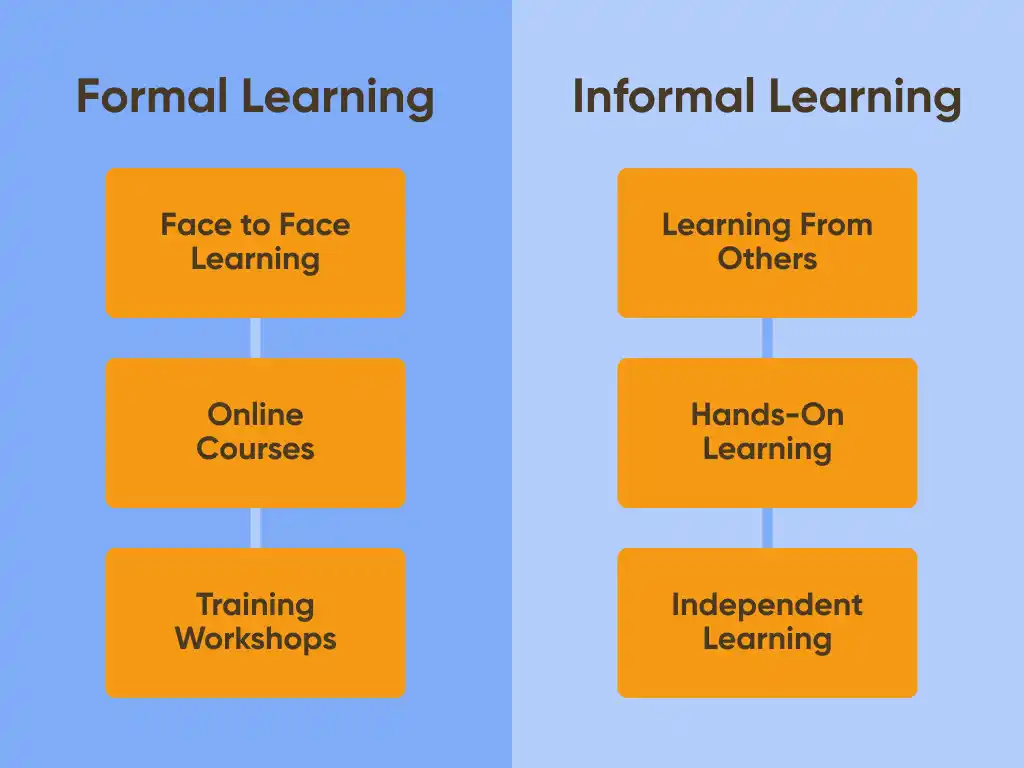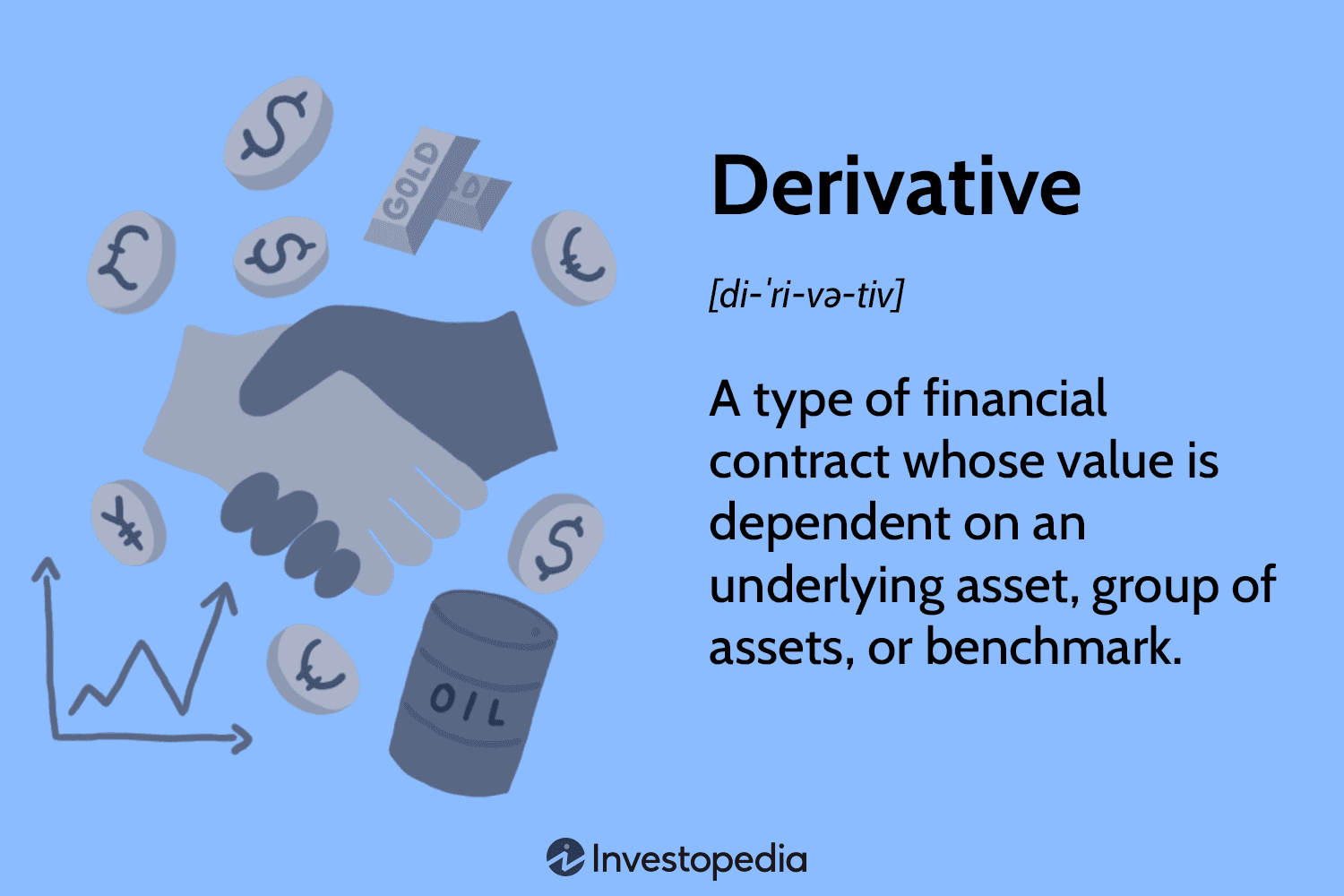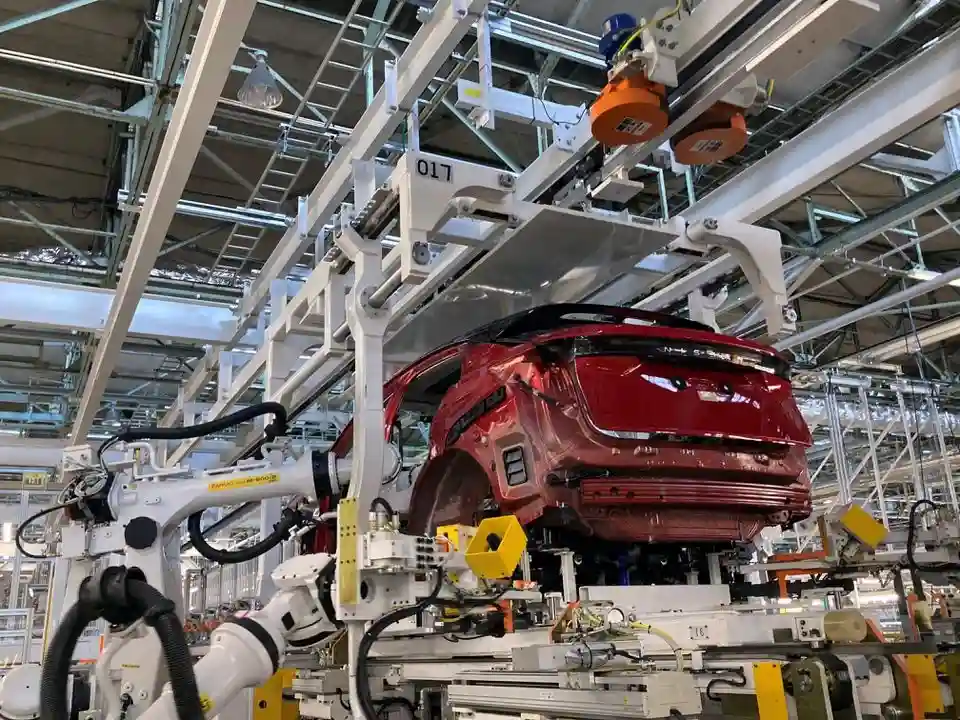Blockchain Beyond Cryptocurrency: Real-World Uses
Mia Wilson

Photo: Blockchain Beyond Cryptocurrency: Real-World Uses
Blockchain technology has become synonymous with cryptocurrencies like Bitcoin and Ethereum, but its potential extends far beyond digital currencies. The distributed ledger system that underpins blockchain has the power to revolutionize various industries and transform the way we conduct transactions and exchange value. This article explores the diverse real-world uses of blockchain technology, highlighting its versatility and potential impact on our daily lives. From supply chain management to voting systems, blockchain is making its mark across sectors, offering enhanced security, transparency, and efficiency.
Understanding Blockchain's Core Principles
Before delving into its practical applications, it's essential to grasp the fundamental principles that make blockchain a game-changer. At its core, blockchain is a decentralized digital ledger that records transactions across multiple computers, ensuring data integrity and security. Each transaction, or 'block,' is cryptographically secured and linked to the previous one, forming a chain of blocks, hence the name 'blockchain.' This distributed nature of the ledger makes it nearly impossible to alter or manipulate data without detection, as any changes would require consensus across the entire network.
The key features of blockchain technology include decentralization, immutability, and transparency. Decentralization ensures no central authority controls the network, making it resistant to censorship and single points of failure. Immutability means that once data is recorded, it cannot be altered, providing a secure and reliable record-keeping system. Transparency allows all network participants to view and verify transactions, fostering trust and accountability.
Real-World Uses of Blockchain
Supply Chain Management
One of the most promising applications of blockchain is in supply chain management. The technology can create an immutable and transparent record of a product's journey, from production to delivery. Each step of the supply chain can be recorded on the blockchain, including manufacturing, packaging, shipping, and delivery. This provides consumers with detailed information about the product's origin, ensuring authenticity and enabling them to make informed purchasing decisions.
For instance, in the food industry, blockchain can track the journey of produce from farm to table, recording information such as harvest dates, storage temperatures, and transportation details. This helps identify and address issues like food safety concerns or supply chain inefficiencies promptly. Companies like Walmart and IBM have already implemented blockchain-based supply chain solutions to enhance transparency and traceability.
Secure Digital Identity Verification
Blockchain technology can revolutionize identity verification processes, offering a secure and decentralized alternative to traditional systems. By storing identity data on a blockchain, individuals can have greater control over their personal information and share it selectively with verified entities. This approach can prevent identity theft and fraud, as the distributed ledger ensures that data cannot be altered without detection.
For example, self-sovereign identity solutions allow individuals to create and manage their digital identities on a blockchain, providing a secure and private way to verify their identity for various services, such as banking, healthcare, and government services. This reduces the reliance on centralized databases, which are often vulnerable to data breaches.
Smart Contracts and Legal Agreements
Blockchain's smart contract functionality enables the automation and execution of agreements without the need for intermediaries. Smart contracts are self-executing contracts with predefined rules and conditions, which are automatically triggered when certain criteria are met. This has significant implications for various industries, including legal services, real estate, and insurance.
In the legal sector, smart contracts can streamline processes like property transfers, licensing agreements, and intellectual property rights management. By encoding the terms of an agreement into the blockchain, smart contracts ensure that all parties involved are held accountable, reducing the risk of disputes and legal complications.
Secure Voting Systems
Blockchain technology can transform the way elections and voting processes are conducted, enhancing security and transparency. By recording votes on a blockchain, the system ensures that each vote is immutable and verifiable, making it nearly impossible to manipulate election results. This addresses concerns about voter fraud and election rigging, as the decentralized nature of the blockchain provides a tamper-proof record of votes.
Several countries and organizations have already explored blockchain-based voting systems. For instance, Estonia has implemented a blockchain-based digital identity system, allowing citizens to vote securely online. This not only increases voter turnout but also ensures the integrity of the election process.
Conclusion
Blockchain technology is not just a foundation for cryptocurrencies it is a powerful tool with the potential to transform various industries and everyday processes. From securing supply chains and digital identities to streamlining legal agreements and voting systems, blockchain's real-world applications are vast. By leveraging its core principles of decentralization, immutability, and transparency, blockchain can bring about increased efficiency, security, and trust in numerous sectors. As this technology continues to evolve and gain mainstream adoption, we can expect to see even more innovative use cases that will shape the future of how we conduct transactions and exchange value.
The exploration of blockchain's potential beyond cryptocurrency is an exciting journey, and its impact on various industries is only beginning to unfold. As businesses and governments recognize the benefits of this technology, we can anticipate a future where blockchain becomes an integral part of our daily lives, driving innovation and reshaping the way we interact with digital systems.
For You
View AllFind out if a VPS is the ideal solution for your business hosting needs.
Mia Wilson
Learn why a VPS is essential for businesses and personal projects in 2024.
Mia Wilson
Discover what derivatives are, their types, and why they matter in financial markets. Click to learn more!
Mia Wilson
Discover the unexpected ways AI is becoming a part of our everyday routines.
Mia Wilson
Explore the fascinating step-by-step process of car manufacturing on assembly lines. Discover the future of production!
Mia Wilson
Explore expert opinions on whether AI will take over human jobs in the future.
Mia Wilson
Education
View All
May 25, 2025
What Does Education Mean?
Unpack the meaning of education, its significance, and its role in transforming lives. Explore its essence today!

April 25, 2025
Why Is Physical Education Important?
Learn why physical education is essential for health, academics, and personal growth. Get inspired to stay active!

May 18, 2025
What Is Formal Education?
Learn about formal education, its structured approach, and its role in lifelong learning. Get insights today!





